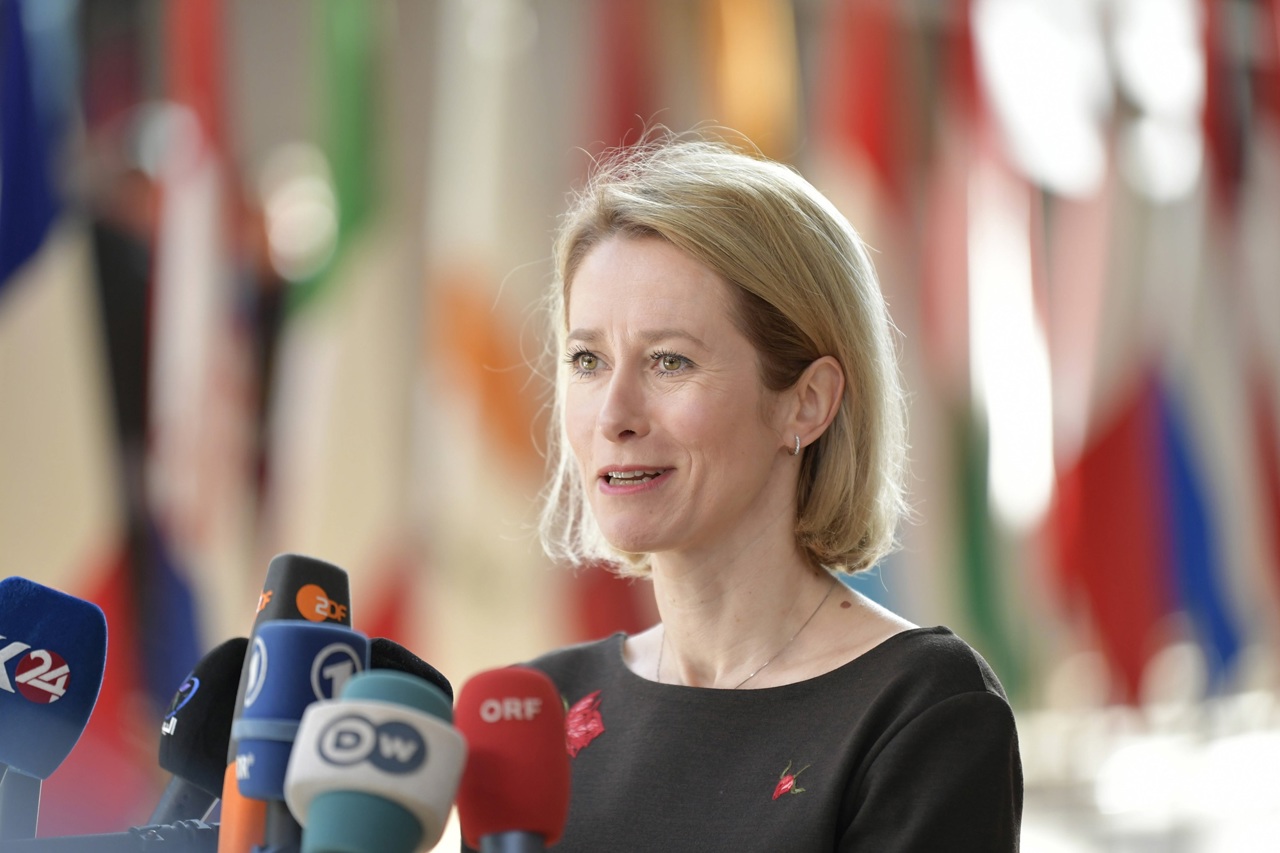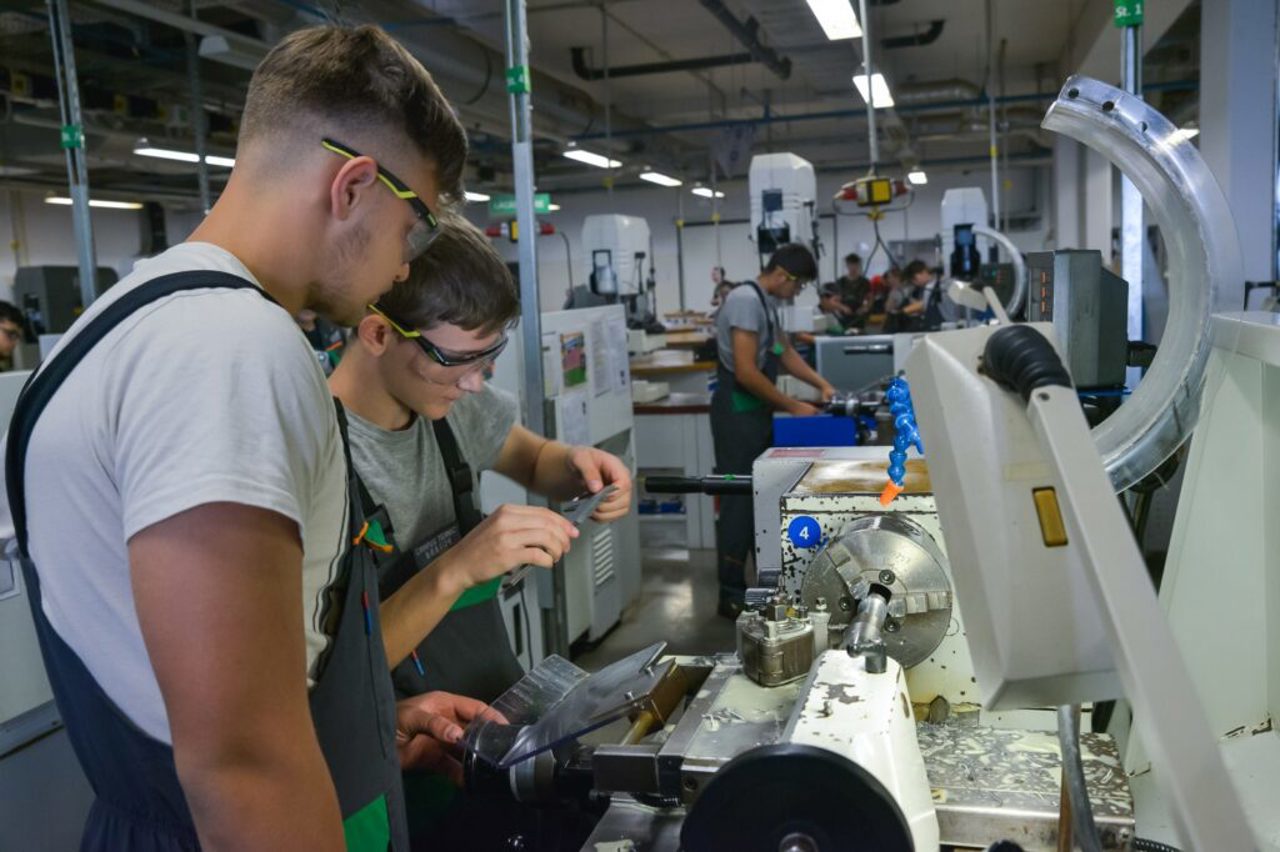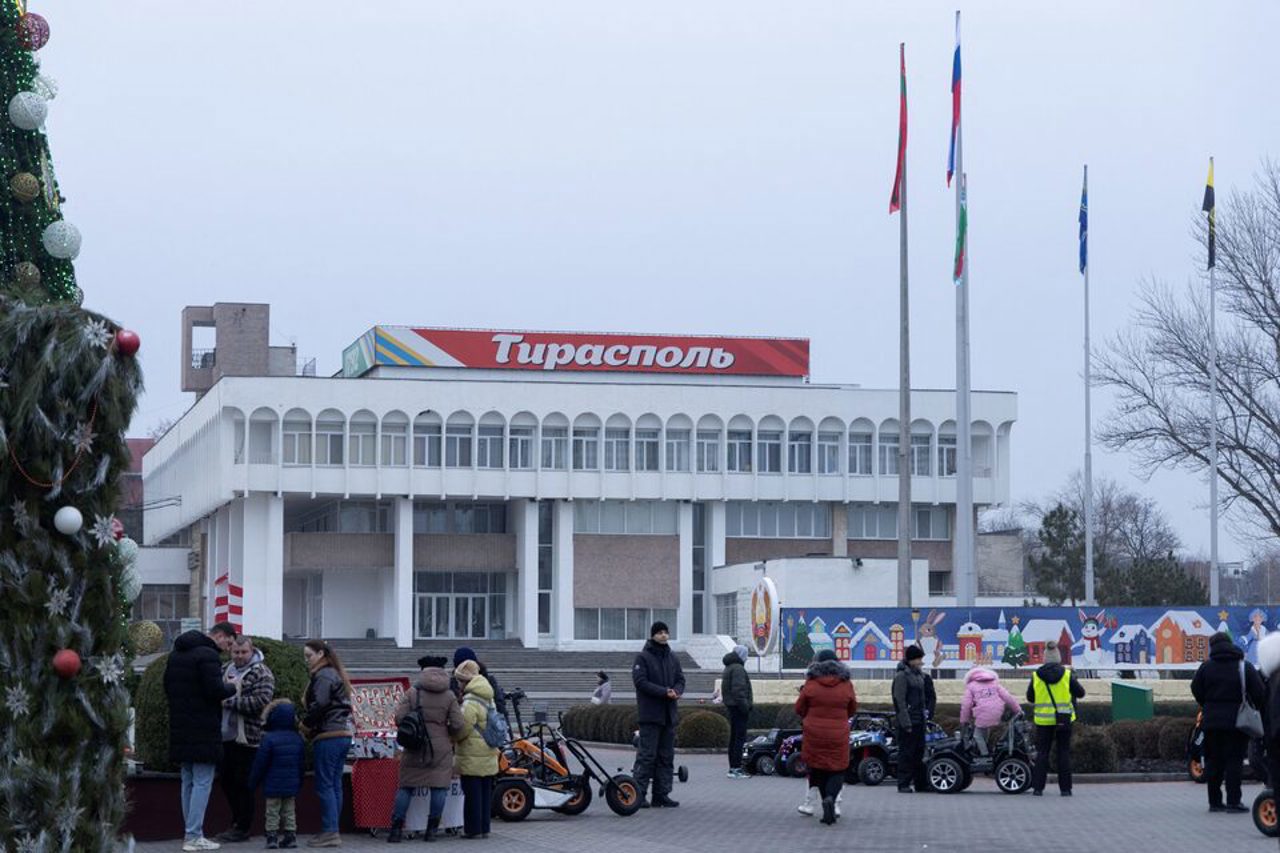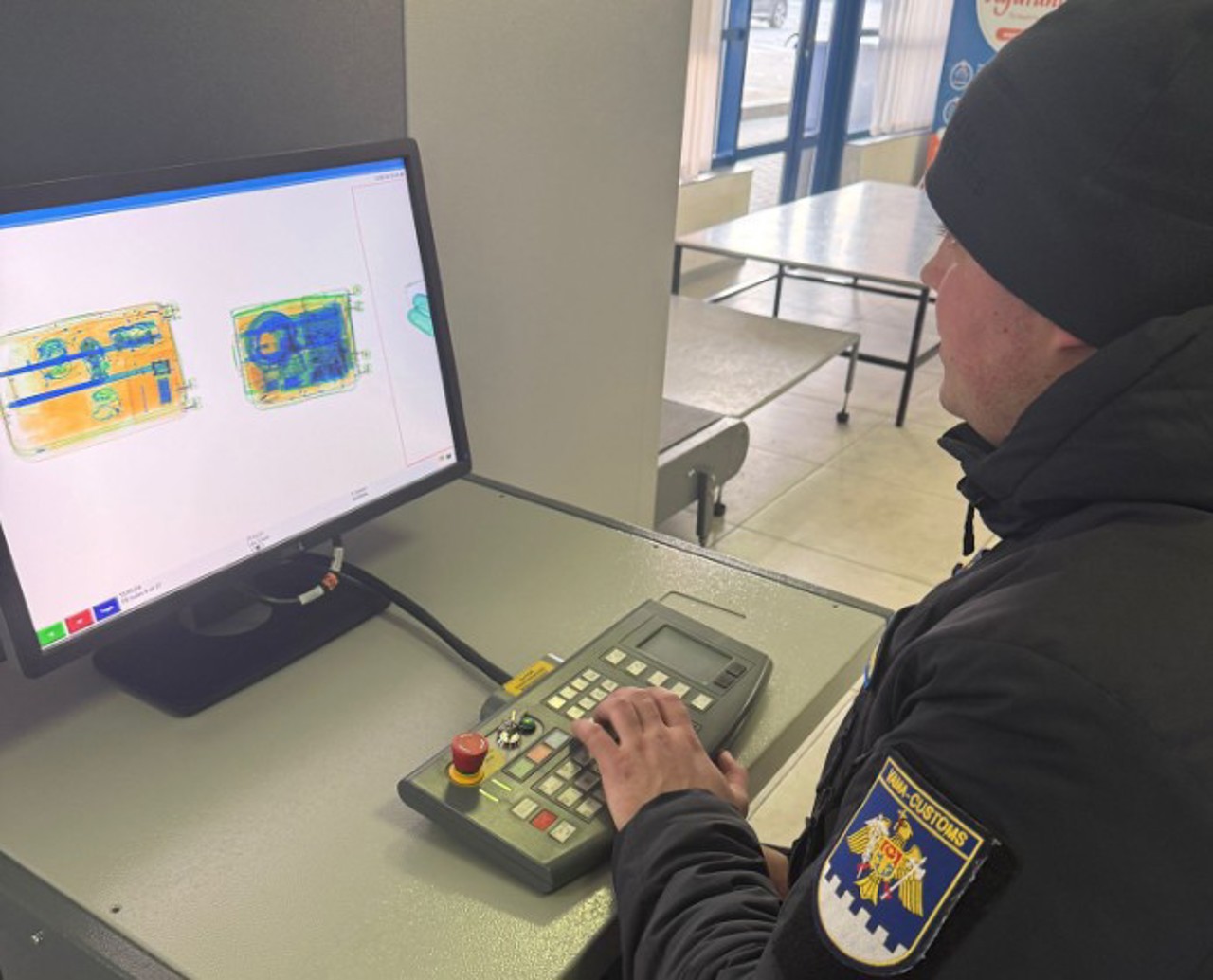INTERVIEW // Kaja Kallas on Radio Moldova: Moldova’s EU accession by 2028 depends on the progress it makes

The Republic of Moldova must continue with the difficult but essential reforms for the prosperity of its citizens if it wants to move forward on the European path. The statement was made by the Vice-President of the European Commission, Kaja Kallas, in an exclusive interview for Radio Moldova. The European official says that the EU is ready to support our country in the accession process, in strengthening security and in the fight against disinformation, but success largely depends on the efforts of the authorities and citizens.
Mrs. Kallas, in June it will be 3 years since the Republic of Moldova obtained the status of candidate country to the EU. What progress has our country made since then and what are the necessary steps to advance in the integration process? Also, tell us what the current reform priorities of the European Union are about the Republic of Moldova.
Truly, this candidate country status imposes certain obligations, namely in terms of reforms. We also demand that candidate countries carry out reforms. These are not reforms that we want to be carried out just for the sake of reforms. We want these reforms to be implemented for the prosperity of citizens. I come from Estonia and you know that Estonia has gone through this process before. Truly, these reforms are necessary for the prosperity of the country.
Let me give you just one example. If investors trust that the judicial system is functioning, they will trust the rule of law and, for sure, they will invest in the economy. This means jobs, it means better living conditions for citizens. These are the things we do not want to see and, of course, as in the case of any candidate country, we do not make any cuts. These reforms are tough, they are difficult, but we are there to support the Republic of Moldova. And, of course, this joint effort is also required from all citizens.
The authorities in Chisinau announced 2028 as the year in which the Republic of Moldova could join the European Union. How realistic do you consider this term and what conditions must be met for this objective to become realistic?
There are two aspects. Of course, the first, what the Republic of Moldova must accomplish. And here we are talking about all the reforms and all the steps that you must take in the accession process. This depends very much on you, on your government, on how these reforms will be carried out. On the other hand, there is also the work of the European Union, which depends on the 27 member states. If you do your homework, we will also have to do our homework on the European side. The decision requires the support of the 27 member states. We will work simultaneously.
I know that there is enormous support for the Republic of Moldova. For this reason, to return to your question, how feasible this goal is by 2028 – this depends very much on the progress you make.
The Republic of Moldova is on the verge of a war that has been going on for more than three years, and the security of our country has also become a concern for the European Union. What measures is the community bloc taking to support the security of our country in the context of the war in Ukraine and the tensions in the Transnistrian region and the Gagauz autonomy?
Of course, the security of the Republic of Moldova is also in the interest of Europe. If we take a look at the map, we are all together in Europe. We are trying to help the Republic of Moldova build its resilience and strengthen its resilience against various threats.
We know that there are also threats related to disinformation. We must fight against foreign influence. The steps we are taking in this direction are based on the tools we have to help you build your resilience in the Republic of Moldova. And, of course, we aim to help you as much as possible because, as I said earlier, the security of the Republic of Moldova is also important for Europe.
**What is the role of the European Union in facilitating the dialogue on the Transnistrian conflict and how do you assess the prospects for a peaceful and lasting settlement of it? Is it possible that the Republic of Moldova will join the European Union before this conflict is finally solved? **
Of course, integration into the European Union is an important process and we know very well what this process means. If we talk about very concrete things, you know that in January there was an energy crisis and the EU helped a lot in resolving this crisis. We came with specific support to deal with the energy crisis.
It is important that any conflict of this kind does not take the process of accession to the European Union as a “hostage”, or that the accession process does not become a “hostage” of the conflict. However, these two processes are distinct. If you look at other countries that joined the EU, some of them have had similar problems. Ultimately, this depends a lot on the reforms that will be carried out and reintegration, of course, is in the interest of the citizens of the Republic of Moldova. We want there to be no tensions of this kind. However, the enlargement process will take place regardless of whether the conflict is resolved or not.
You recently spoke about the massive digital arsenal used by Russia and China to manipulate Western democracies. The Republic of Moldova has also been facing an information war orchestrated by the Kremlin for years. How can the European Union support our country in combating disinformation, especially in the context of the parliamentary elections this fall?
Of course, we have various tools at our disposal, tools that have been developed by the European Union to combat disinformation. However, I believe that the most important thing is education, because citizens also need to distinguish between truth and falsehood, and disinformation. These tools are sometimes manipulated.
You were right, we have digital tools, digital tools that make this fight more difficult. A favourite quote of mine is the quote by Winston Churchill, which was uttered after the Second World War. Churchill said: “A lie gets halfway around the world before the truth has a chance to get its pants on”. That is why it is so important to face these challenges. It is about media literacy, educating citizens to distinguish between truth and falsehood, and disinformation.
Moldova, like other countries, must combat disinformation.
How do you anticipate the political situation in the Republic of Moldova to evolve before and after the parliamentary elections? To what extent could the lack of a European majority in the future legislative elections affect bilateral relations with the European Union?
Of course, elections for the country and for the citizens are important. Namely, the citizens are the ones who have to make a decision, what the future of the country should be, what the course of the country is going to be. Elections always represent a rather turbulent time. What I understood, of course, from what I read is that several polls demonstrate that the general support for accession to the European Union is very high in the Republic of Moldova, which means that the political parties probably reflect these polls exactly. So, this means that the support for accession to the European Union will continue and I can also judge from my example, from the example of Estonia. This always brings prosperity.
Enlargement is like a convergence machine. Let me also mention some concrete figures. Four years before joining the European Union, I mean Estonia, the country's GDP per capita was only 5% of the European Union average. When we joined, it was higher, and now it is 90% of the European average. What I wanted to tell you is that the European Union brings prosperity to its citizens. That is why it is in the interest and benefit of its citizens.
This is your first time in the Republic of Moldova since you took over the mandate as a member of the European Commission. we want to know if you have been there in other years and how you think our country is. How has it changed in the meantime?
I see a lot of progress. I have noticed that many things are developing in the right direction. Evolution is really progressing. This is a very positive thing. If you are here permanently, you probably don't notice the changes. But I have seen that there are positive changes.





